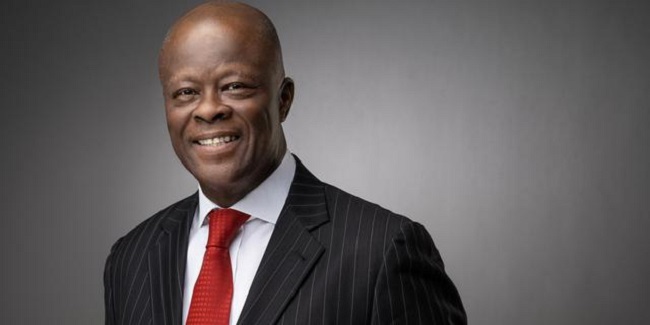The federal government is set to access a $2.3 billion loan to bolster its economic recovery and finance critical programmes.
This follows approval from the Federal Executive Council (FEC) for an external borrowing plan, as outlined by the Minister of Finance, Wale Edun while briefing correspondents after a meeting presided over by President Bola Tinubu at the Presidential Villa, Abuja, on Thursday.

Edun revealed that the proposed loan would be structured around a combination of Euro bonds and Sukuk financing.
The plan includes raising $1.7 billion through a Euro bond issuance and $500 million through a Sukuk bond offer.
However, the final structure of the financing package will depend on advice from transaction and commercial advisors, who will assess prevailing market conditions before determining the best course of action.
“We are looking to complete the borrowing programme for the federal government with the approval of a $2.2 billion financing package, which will involve accessing the international capital market,” Edun stated.
“The exact makeup of the financing will be determined once the National Assembly reviews and approves the borrowing plan. We expect this to be finalised as soon as possible, ideally within this year.”
Edun emphasised that this borrowing is part of a broader strategy to stabilise and grow Nigeria’s economy. He noted that the country had demonstrated the resilience and depth of its financial markets earlier this year with a successful domestic dollar bond issuance.
This domestic bond raised capital from both local and international investors and showcased Nigeria’s improved financial market sophistication, offering a vote of confidence in the government’s economic reform agenda.
The planned $2.2 billion loan will be used to support the government’s macroeconomic programme, which aims to address key areas such as market pricing of petroleum products (PMS) and foreign exchange.
According to Edun, the government’s efforts have already yielded positive results, particularly in October, when Nigeria achieved local refining of petroleum products, marking a significant milestone in the country’s economic turnaround.
“This is a direct result of the economic reforms initiated by President Bola Tinubu’s administration,” Edun said.
“We have made substantial progress in correcting macroeconomic imbalances, and as of October, we saw the successful completion of the reform initiatives that started on May 29, 2023.”
The government’s ongoing economic recovery programme centres on restoring fiscal balance and reviving growth through structural reforms, including subsidy removal, fuel pricing liberalisation, and currency adjustments.
The approval of the $2.2 billion loan is seen as a critical step in supporting these efforts and demonstrating international confidence in the government’s economic policies.
The financing plan is part of the Nigerian government’s 2024 Appropriation Act, which has been amended to accommodate the borrowing.
Once approved by the National Assembly, the loan is expected to be accessed promptly to finance critical projects aimed at revitalising the economy.
The minister expressed confidence in the country’s economic direction, citing the continued support from international markets and the successful execution of the administration’s reform programmes.
ALSO READ THESE TOP STORIES FROM NIGERIAN TRIBUNE







